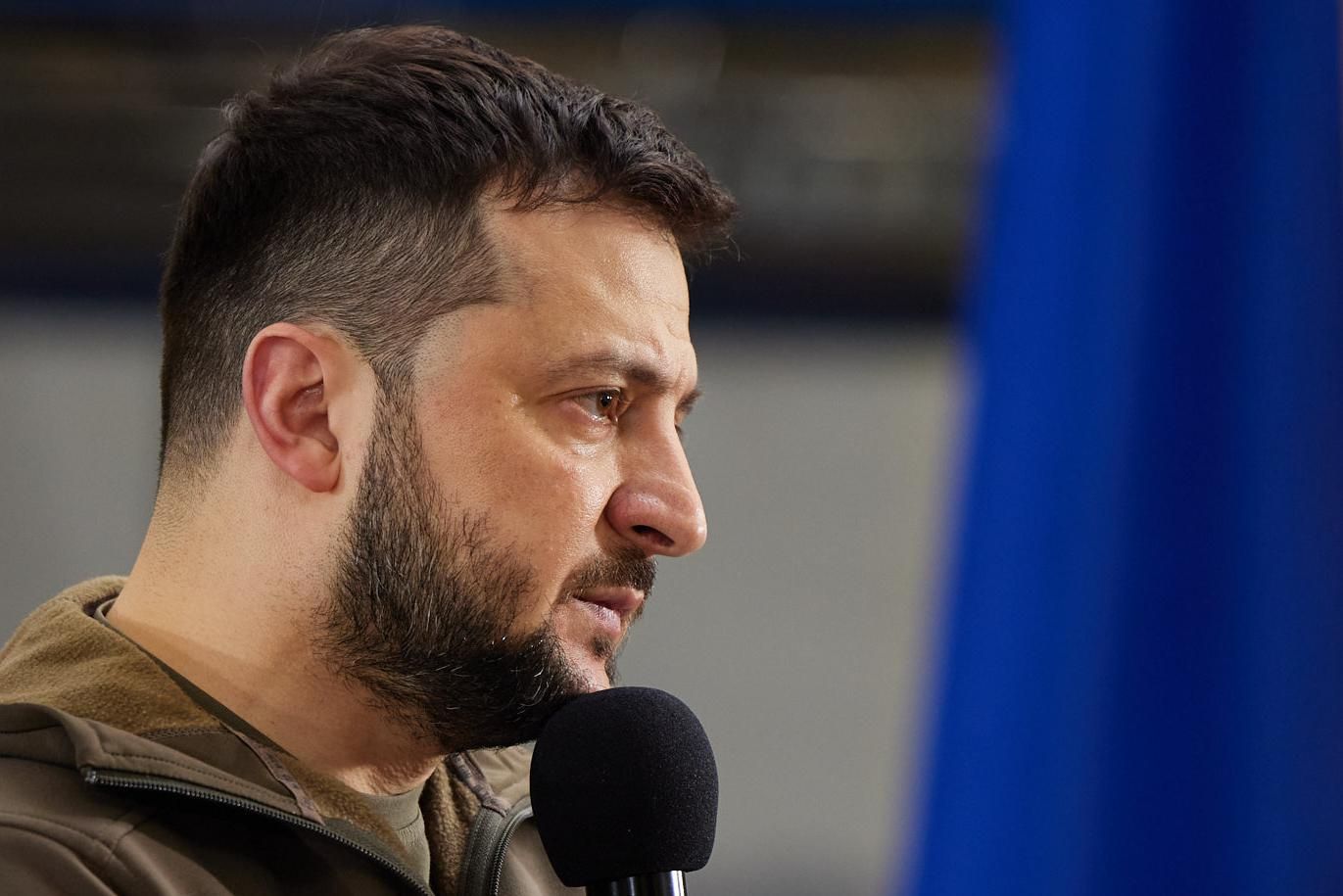What We're Watching: Zelensky meets top US officials, Indonesia hoards palm oil
US officials visit Kyiv
Ukraine's President Volodymyr Zelensky spent Sunday waiting for a visit from US Secretary of State Antony Blinken and Defense Secretary Lloyd Austin, the highest-level American delegation to visit Kyiv since the Russian invasion began. Zelensky reportedly told the senior US officials that Ukraine needs more powerful weapons to resist the Russians. After the meeting, Blinken announced that the US would reopen its embassy in Ukraine (in the western city of Lviv) and pledged more military funding to Ukraine in addition to the $800 million in military support Biden announced on Thursday, which included heavy artillery, ammunition, and tactical drones. But Kyiv is also asking for long-range air defense systems and fighter jets. The Americans have rebuffed similar earlier requests and blocked NATO allies like Poland from supplying Soviet-era warplanes to avoid risking a direct military confrontation with Russia. Meanwhile, Ukraine is trying to set up humanitarian routes for escape from the besieged port city of Mariupol, where an estimated 100,000 people remain stuck with little food, water, or heat.
